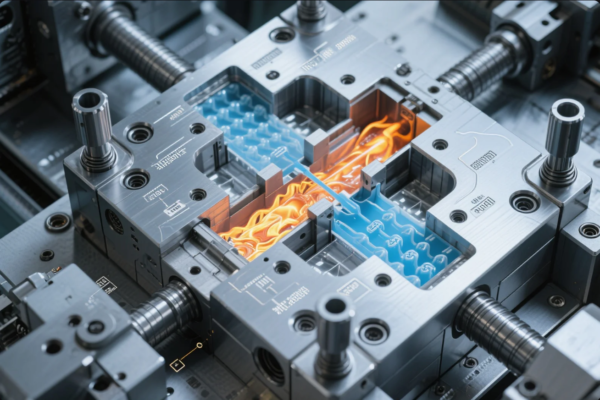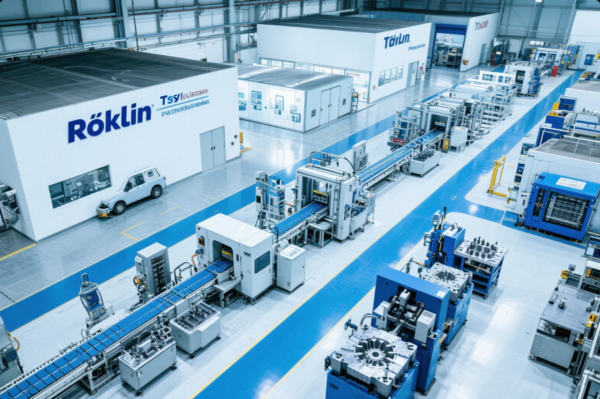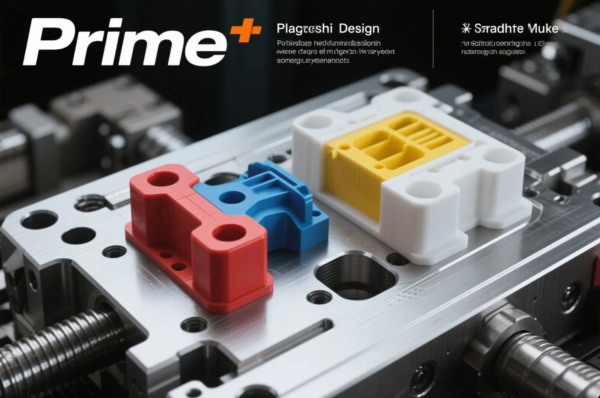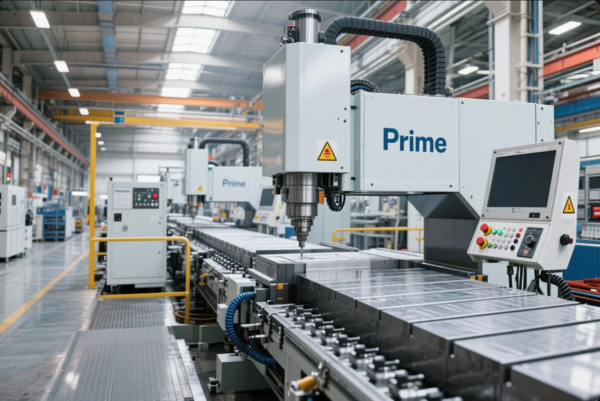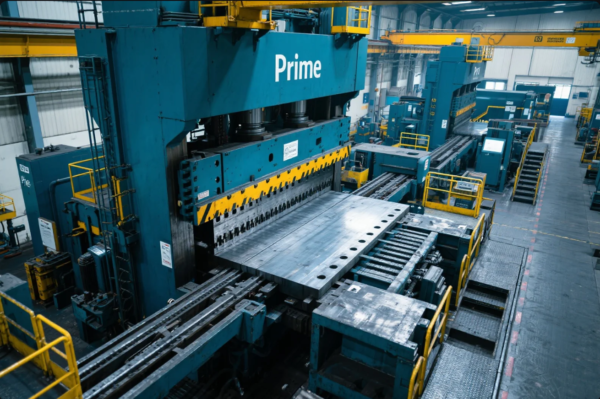What Metal is Easiest to Forge?
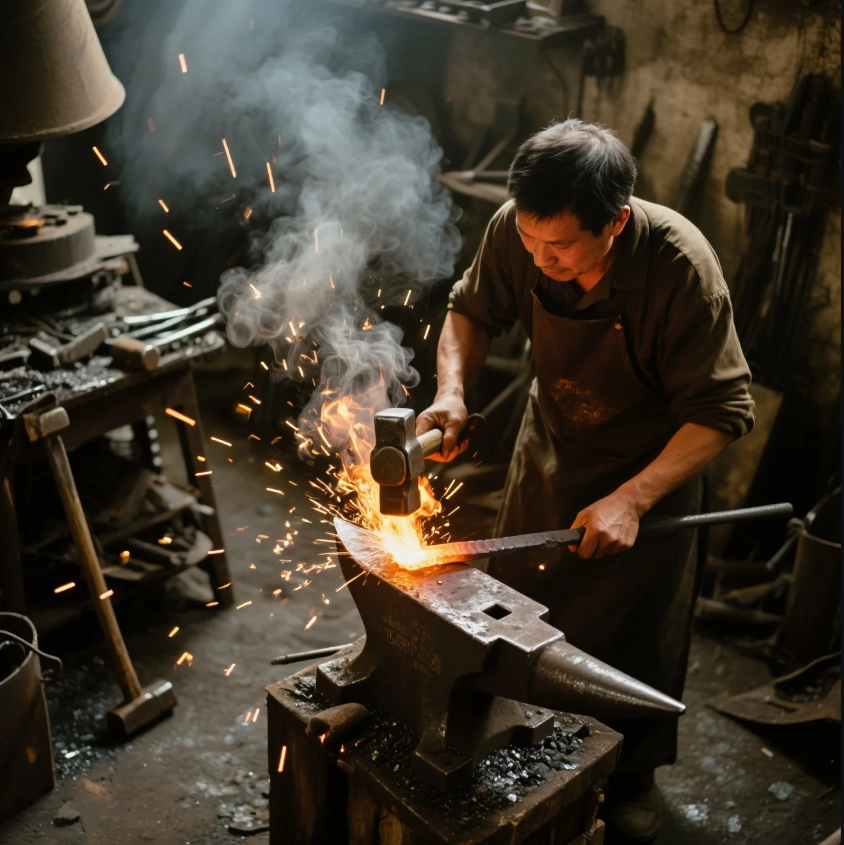
When it comes to metal forging, the ease with which a material can be worked is a key consideration. Some metals are easier to forge than others, and choosing the right one can make the process smoother and more efficient. In this article, we'll explore the metals that are easiest to forge and why they’re favored in industries and blacksmithing alike.
Snippet paragraph: Mild steel and other low-carbon metals are the easiest to forge due to their malleability and low carbon content.
Understanding which metals are easiest to work with can help ensure better results in your forging projects, whether you're crafting tools, parts, or custom pieces.
What Metals Cannot Be Forged?
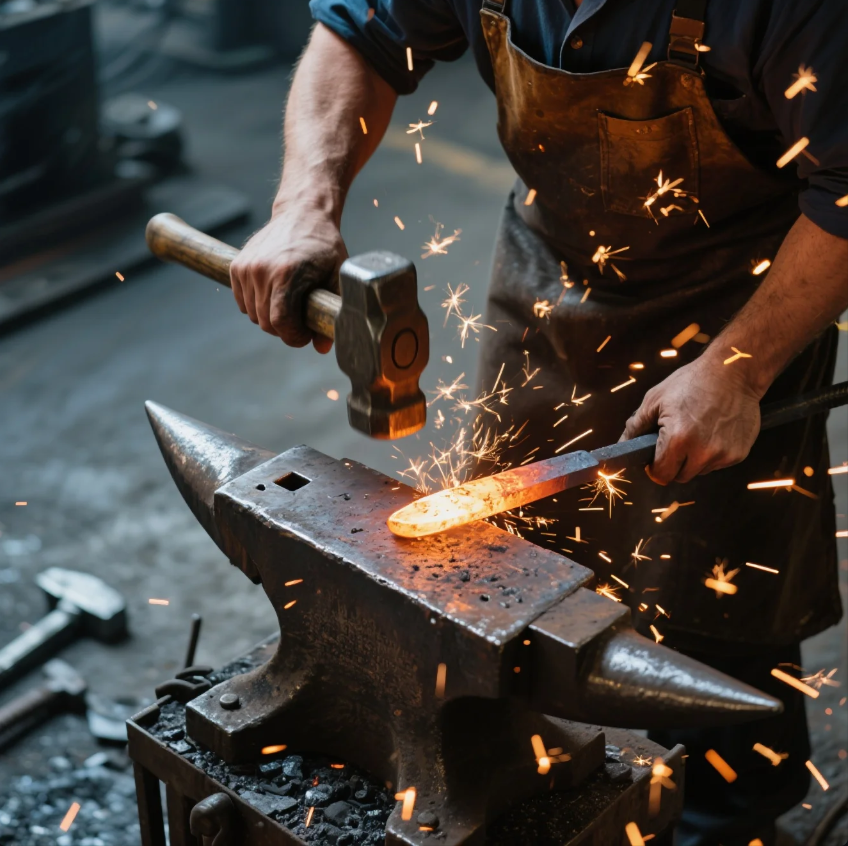
While many metals can be forged, there are several that simply cannot be worked using traditional forging methods due to their brittleness, hardness, or low ductility. These materials often break, crack, or fail when subjected to the intense pressures required in forging.
Metals That Cannot Be Forged:
- Cast Iron: Cast iron is brittle and lacks the flexibility needed for forging. It is prone to cracking when subjected to force, making it unsuitable for forging.
- Lead: Lead is too soft and malleable to withstand the forging process. It deforms easily and doesn’t retain a strong shape under pressure.
- Beryllium: While it has some desirable properties, beryllium is brittle and hazardous to work with, making it difficult to forge.
Metals like these need to be formed using different processes, such as casting or machining, rather than traditional forging.
What Metal is Best for Blacksmithing?
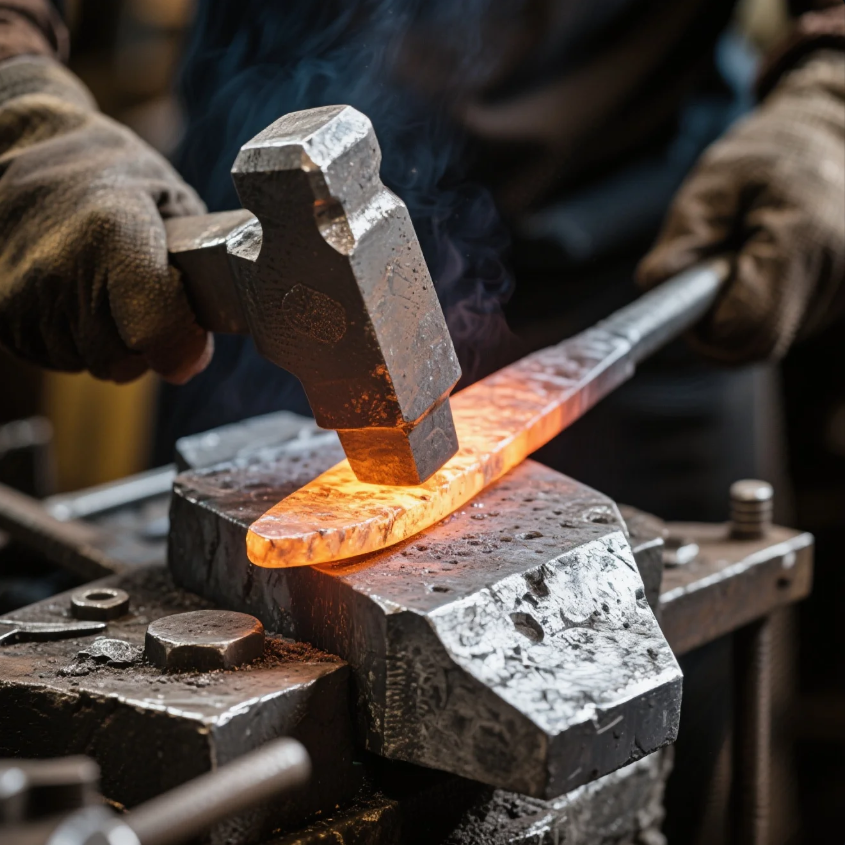
When it comes to blacksmithing, mild steel is often considered the best metal due to its ease of use and versatility. Mild steel is a low-carbon steel, meaning it is more malleable and easier to shape than higher-carbon steels.
Why Mild Steel is Great for Blacksmithing:
- Ductility: Mild steel can be bent and shaped without breaking or cracking, making it ideal for forging tools and artistic pieces.
- Affordability: It is cost-effective and readily available, making it a popular choice for both beginners and experienced blacksmiths.
- Easy to Heat: Mild steel has a relatively low melting point, making it easier to heat and work with during the forging process.
Mild steel is widely used in creating a variety of blacksmithing projects, from knives to structural parts, due to its workability and strength.
What Metal is the Easiest to Work With?
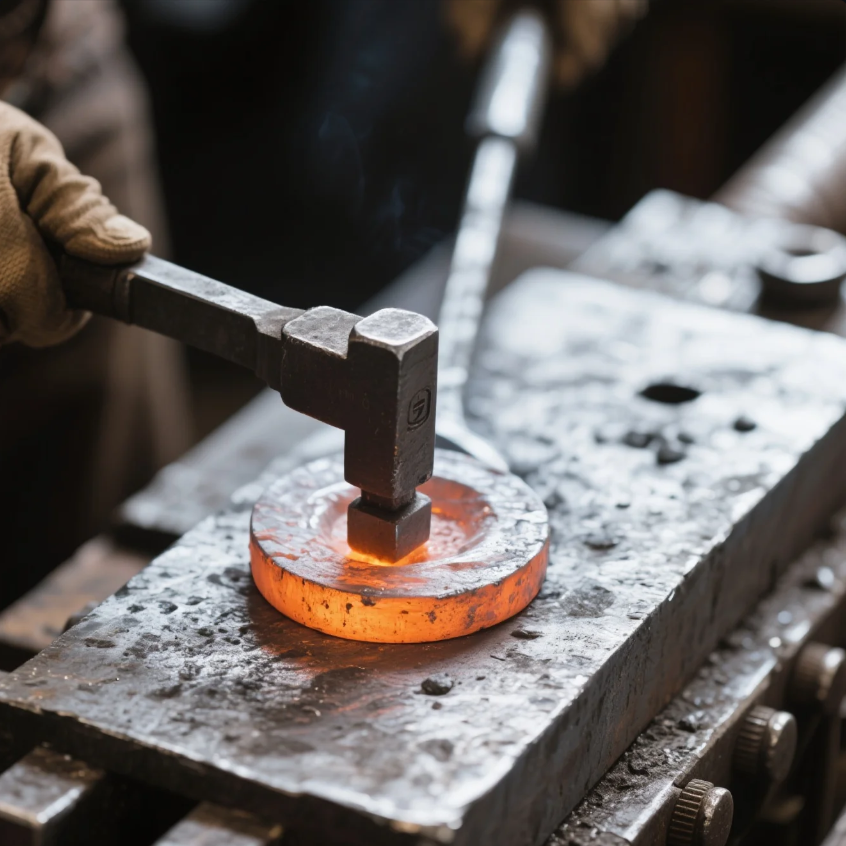
When considering the easiest metal to work with in terms of forging, aluminum stands out. Aluminum is lightweight, easy to heat, and has excellent malleability, making it ideal for a variety of forging applications.
Why Aluminum is Easy to Work With:
- Low Melting Point: Aluminum melts at a lower temperature compared to most other metals, making it easier to heat and shape.
- Malleability: It is highly ductile and can be deformed without cracking.
- Lightweight: Its low density makes it ideal for applications where weight is a concern, such as in aerospace and automotive industries.
Aluminum is often chosen for forging processes that require precision and strength without the need for heavy, bulky material.
What is the Best Mild Steel for Forging?

The best mild steel for forging typically comes in grades like 1018 and 1020. These are some of the most commonly used grades of steel for forging due to their balance of workability, strength, and cost.
Best Mild Steel Grades for Forging:
- 1018 Steel: A low-carbon steel that is easy to forge and provides a good balance of toughness and strength. It’s widely used in creating tools, automotive parts, and machinery components.
- 1020 Steel: Another low-carbon steel, 1020 offers similar workability as 1018 but with slightly higher strength, making it suitable for structural applications.
Both grades offer excellent forging properties and are often used in various industries to create high-quality, durable parts.
Conclusion
When it comes to forging, mild steel and aluminum are some of the easiest metals to work with due to their malleability and low carbon content. Mild steel, particularly grades like 1018 and 1020, is ideal for most blacksmithing and forging applications. If you're looking for a reliable, cost-effective material for your projects, these metals are the way to go. At Prime, we specialize in providing high-quality forged parts with fast delivery. Contact us today to learn more or get a custom quote for your needs.

